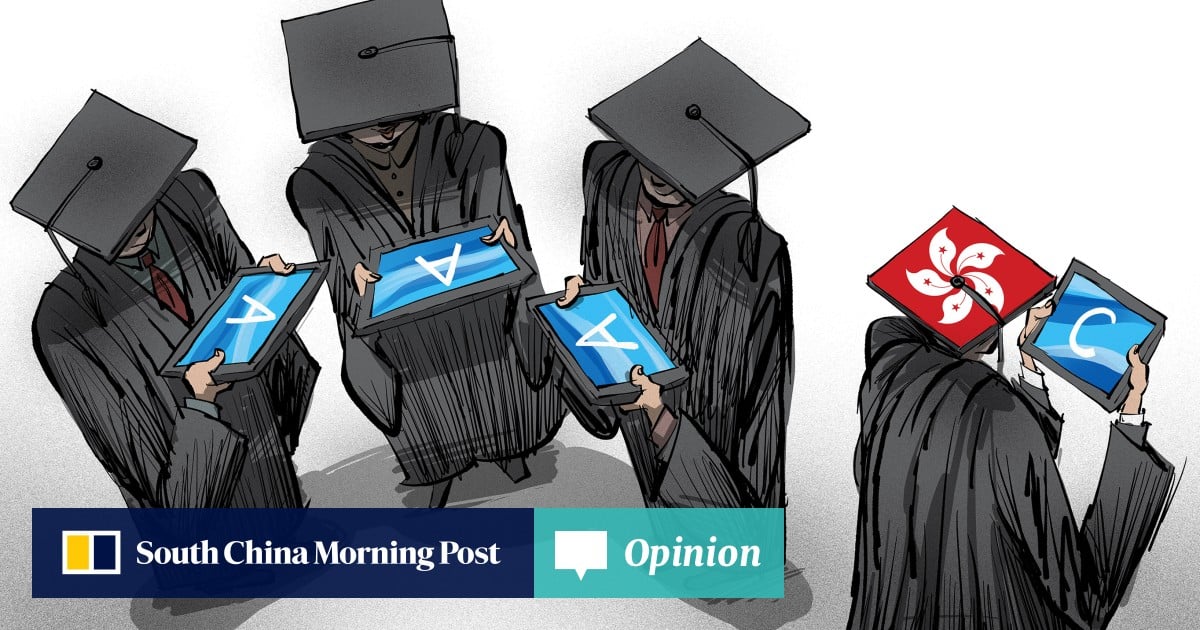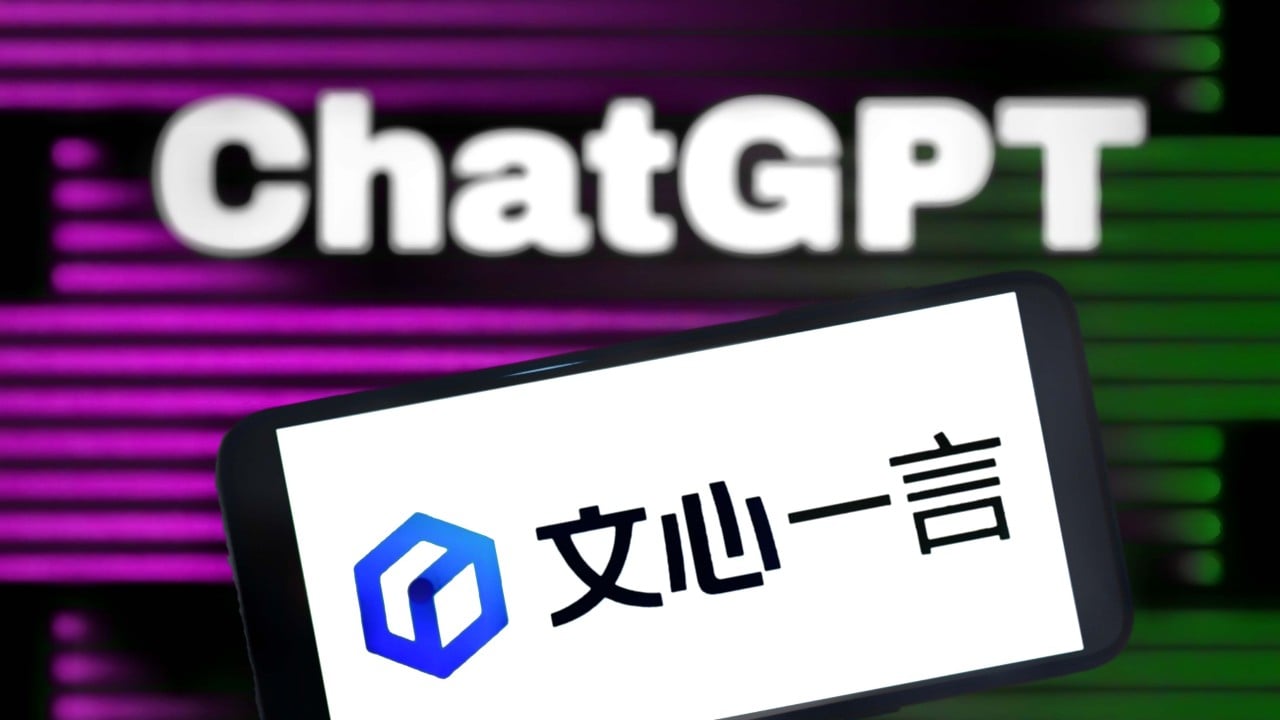AI could outperform 80 per cent of Japanese students, mostly in maths and science. But in language and reading tasks, AI could not identify with the emotional states of leading characters nor imagine how cultural context generates meaning.
Interestingly, Arai’s team recognised that emotional identification with characters is a dominant approach to reading in Japan, emerging from the deep literary traditions of East Asia. More than plot structure, reading requires an intimate emotional identification.
Throughout Japan, these skills are crucial to success in everyday interactions, business negotiations and the production of art and culture. Recognising this, Arai’s recommendations for the future were bold. The urgent task was not the further development of AI, but educating more Japanese children to identify with others, better infer context and learn to modulate syntax to generate meaning.
Since 2016, NII has been focusing on pedagogical reforms to help students learn what AI cannot master – not further development of AI, but the further humanisation of education. Only children with those skills would escape AI-induced job losses.
However, these discussions have focused on cheating and personalising instruction. Missing here are deeper discussions of how AI systems need to be tailored to fit to the pedagogical, psychological and cultural contexts of education in Hong Kong. The creative conclusions of NII are also absent from the conversation.
In November 2023, Libing Wang, who was then chief of Unesco’s education and skills development section, said that, “One challenge is localisation, as most generative AI models are trained primarily on Western data, which can lead to a lack of contextual and cultural relevance in the Asia-Pacific … that could condition the minds of generations to come.”
We must decolonise AI to overcome cultural bias in the classroom
We must decolonise AI to overcome cultural bias in the classroom
Throughout the 1990s and the 2000s, Hong Kong’s educational research community led the world in understanding how students from Chinese cultural backgrounds approached learning differently. Pedagogical research revealed that so much did not fit Western data regarding the concept of learning, interactions with teachers and motivational patterns.
Psychological research showed a different balance of cognitive, emotional and interpersonal foci. Philosophically, the concept of the self was more expansive and education was viewed more holistically. Being aware of these differences helped make institutions like the University of Hong Kong a world leader in educational research.

Unfortunately, this work is not being reflected in our current discussions on AI in education. It seems that few see the potential for Hong Kong to build on the past, to lead in development of AI models for the Asia-Pacific region.
Discussions in Beijing and Singapore are also far richer than in Hong Kong. Take for example, a recent volume entitled Intelligence and Wisdom: AI Encounters Chinese Philosophers. The volume focuses its attention on how the living traditions of Confucianism, Taoism and Buddhism lead to strikingly different views of the future of AI and human interaction, in marked contrast with Western philosophical traditions.
Aware that today’s AI models are aligned with Western culture, AI Singapore, a government initiative driving AI development in the country, developed SEA-LION to address the underlying cultural mismatch problem. This open-source Southeast Asian large language model caters to regional uses, local languages and cultural contexts specific to the region.
Can Hong Kong make a similar commitment to creating localised models?
Hong Kong needs a fundamental shift in mindset when it comes to AI in education. The city is rushing to “catch up” through shallow imitation, thus leaving behind decades of localised educational research. At the University of Hong Kong’s Faculty of Education, our research group is turning to address educational futures marked by AI through mobilising HKU’s world-class research and deeply engaging tradition.
But in the current climate wherein AI is viewed through the lens of naive technological solutionism, this sort of localisation work remains underfunded and misunderstood. We imagine that many smaller research groups across Hong Kong are also being relegated to the shadows.
Jeremy Rappleye is a professor at the University of Hong Kong, having previously lead projects for the World Bank and Unesco


